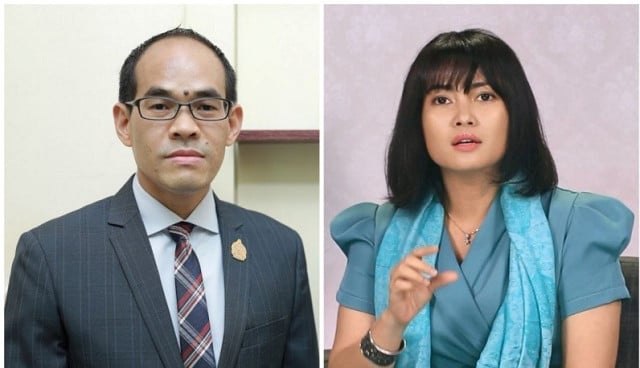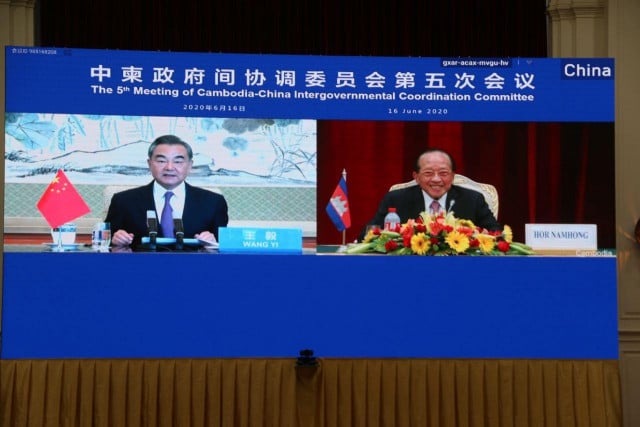Expert Calls for Implementing Buddhism Precepts in Education

- By Song Sotheavy
- July 5, 2023 3:02 PM
PHNOM PENH – Private and public educational institutions should put the emphasis on the five fundamental precepts of Buddhism, especially during primary and secondary education, an education expert said.
These precepts are commitments to abstain from killing living beings, stealing, sexual misconduct, lying and intoxication.
Educational expert Lim Viriya, a Cambodian college teacher who asked not to name the university she’s teaching at, said ministries should cooperate to improve students’ behavior and morality. She urged the Ministry of Education, Youth, and Sport to expose students to the five precepts of Buddhism on dignity in society and peace.
“The five precepts are the five prohibitions of Buddhism, such as ‘not killing’ and ‘not committing wrongdoing in a marital relationship’. The act of ‘not stealing’ could also be understood as ‘not being involved in corruption’, which is a form of theft – it’s a crime,” she said.
“So we must explain to them that as human beings, we should follow these precepts. There’s also ‘not lying, accusing at, or plotting against each other’.”
People nowadays can hardly hold on to these precepts, Viriya added.
“Where is morality [today]? There’s none! How can we educate young people not to consume alcohol while there are exposed to many advertisements about alcohol every day? Every day, I see lots of alcohol ads, and there is no law or authorization regulating that. How can we promote society’s morality while there are lots of polluting stuff, like alcohol, in this society?” she questioned.
Changing habits can be even harder when leading figures as parents act the same way.
In the case of alcohol, the expert pointed out that almost every adult drinks alcohol and is exposed to ads for beer or whisky, which prevent quick behavior change. She suggested that education and public institutions integrate the five precepts of Buddhism into their strategy.
Leaders should be role models for their subordinates and the young generation because the youth learn from their actions, not words.
Ros Soveacha, the spokesperson for the Ministry of Education, Youth, and Sports, said the ministry has paid great attention to students’ morality across the country by expanding youth council groups, youth organizations, and homeroom teachers.
According to the spokesperson, the ministry instructed in 2020 that all education authorities at all levels of institutions across the country as well as teachers, youth councils, students and their parents should jointly strengthen the students’ obedience to the interior rules and some other moral disciplines to prevent inactiveness and immorality.
Also, the school management committees – including the school support committee and homeroom teachers –must help promote and implement the interior disciplines in both private and public schools, especially by strengthening the Disciplinary Councils’ mechanism effectively.
The ministry added that strengthening the youth councils and youth organizations – such as The National Association of Cambodian Scouts and Cambodian Red Cross Youth – could take part in improving students’ social codes.
Educational institutions must also encourage students to learn about the meaning of the national anthems to promote the country’s pride, merit, and nationalism.
Originally written in Khmer for ThmeyThmey, this story was translated by Meng Seavmey for Cambodianess.















